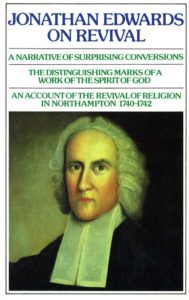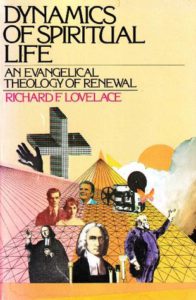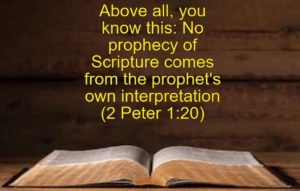Current Concerns About the Gift of Prophecy Today It is a sad fact that much pulpit preaching in Malaysia fails to deliver compelling Bible-based sermons that challenge and comfort believers in times of increasing economic uncertainties and political tension. In this famine of the living word from God, many Christians flock to meetings to hear … Continue reading “The Gift of Prophecy in the New Testament Part 1/2”
Current Concerns About the Gift of Prophecy Today
It is a sad fact that much pulpit preaching in Malaysia fails to deliver compelling Bible-based sermons that challenge and comfort believers in times of increasing economic uncertainties and political tension. In this famine of the living word from God, many Christians flock to meetings to hear visiting ‘apostles and prophets’ from America and Africa.
The Bible clearly teaches that there is no succession of the office of ‘apostles and prophets’ as the church is “built on the foundation of the ‘apostles and prophets’, Christ himself being the cornerstone” (Ephesians 2:20), but the Holy Spirit continues to empower apostolic and prophetic ministry to build up the church. The Bible provides clear guidelines on how the gift of prophecy should be exercised. Failure to abide by these guidelines will lead to spiritual deception and abuse of spiritual authority by Christian leaders, resulting in disillusionment and despair among the faithful and expectant followers. It is of utmost importance that Christians be fully informed by these Biblical guidelines so that the church will be well-grounded in its beliefs, and vibrant in its pastoral care and mission outreach. [Added on 19 Aug 2014]
Gift of Prophecy NT 2014
New PDF format added on 24 Nov 2017
Prophecy Disputed
The traditional doctrine of Revelation presents obstacles towards the acceptance of any contemporary exercise of prophecy. As is well known, the standard text books in systematic theology divide God’s Revelation into two categories:/1/
1. General Revelation, described as “God’s witness of Himself toward all men through creation, history, and the conscience of man. It is set forth in Scripture passages such as Psalm 19; Acts 14:8-18, 17:16-34; Rom 1:18-32, 2:12-16; etc.”
2. Special Revelation, which is God’s disclosure of Himself (revelation in reality) and the interpretative Word of Scripture (revelation in Word). Quantitatively, this encompasses more than we have in Scripture.”
However, even if it is granted that God has spoken to men in ways beyond what we have in Scripture, many insist that surely the situation has changed since the days of the Apostles. With the Bible inscripturated, God’s final and perfect Revelation is given to men. The last word has been spoken (Rev 22:18). God has Himself closed prophecy.
It can be seen that prophecy which is identified by Pentecostals as God’s word for special occasions is an anomaly that will not fit into the above theological scheme which envisages God’s word as authoritative for all times. It is not surprising then, that theologians like Walter Chantry concludes, “All modern prophecy is spurious! God’s truth has come to us in a fixed and finished objective revelation. We must not accept the new ‘revelation’ of neo-pentecostalism.”/2/ Continue reading “The Gift of Prophecy in the New Testament Part 1/2”
 The current revival at Asbury University, Kentucky, has caught the interest of Christians worldwide. However, some of my friends who have disappointing experiences in “revival meetings” organized by visiting “global prophets” have asked me how we know if a revival is genuinely a work of God.
The current revival at Asbury University, Kentucky, has caught the interest of Christians worldwide. However, some of my friends who have disappointing experiences in “revival meetings” organized by visiting “global prophets” have asked me how we know if a revival is genuinely a work of God.

